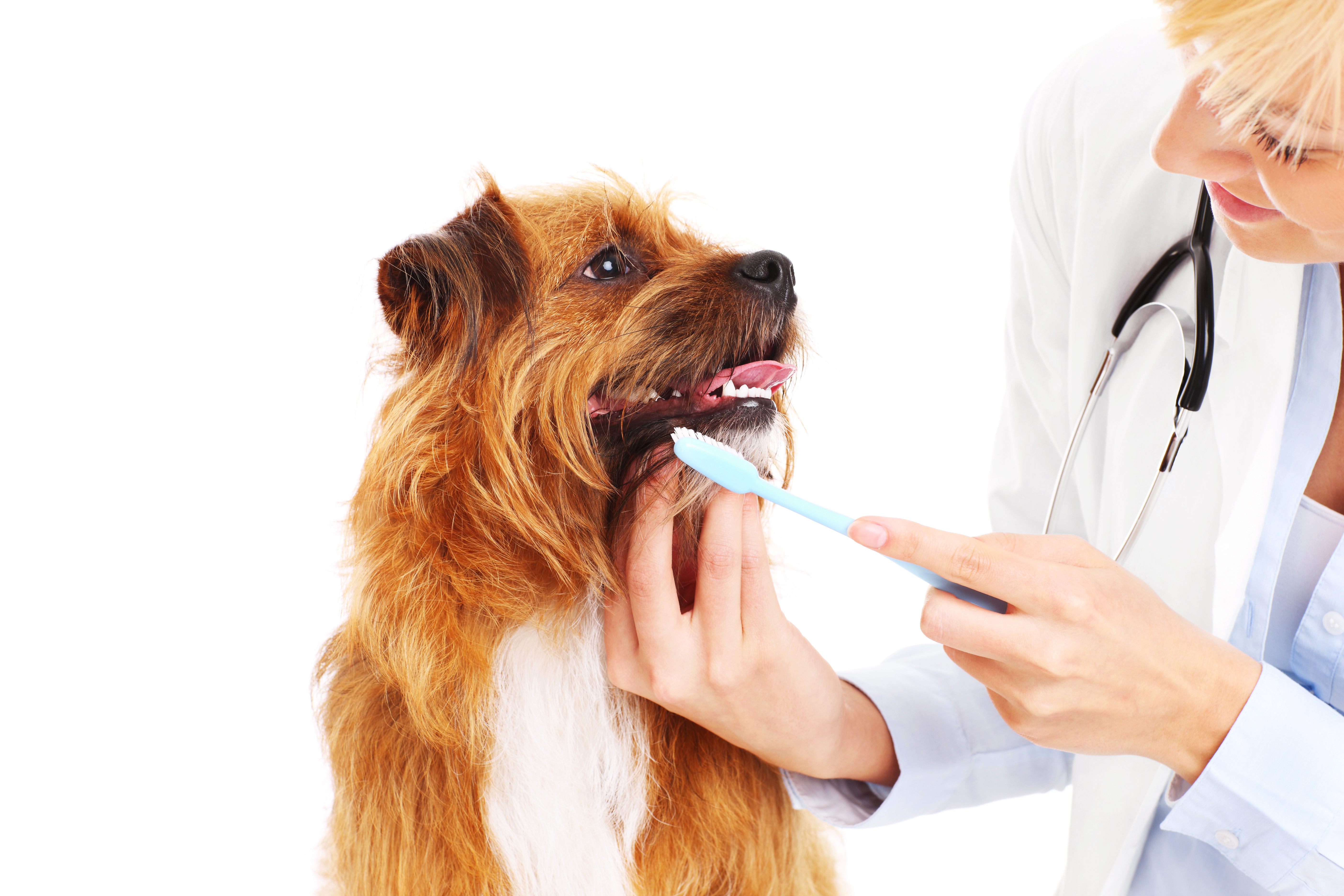Only a few short decades ago, buckling up was optional for drivers and their passengers, and people were generally unaware of the serious dangers posed by riding in cars without safety belts. Today, all that has changed. Everyone uses a seatbelt, and wisely so. Those riding in the front seat can reduce their risk of fatal injuries by 45 percent and their risk of moderate to critical injury by 50 percent, just by buckling up. In addition, rear seat passengers riding without seatbelts increase the death rate of front seat passengers by up to 5 times.
Best Friends

Recent Posts
A Secured Pet is a Safe Pet: Reduce Serious Risks by Restraining Pets on Car Rides
Tags: Contributors, Dogs, dogs, Pet Health, pet health, Pet Safety, pet travel, Pets, travel with pets
- Tweet
Is there anything better than a warm, wiggly, cuddly puppy? A new bundle of joy always brings smiles but also, responsibility. Making sure your new fur baby is healthy and well cared for now, will save you time and money down the road. So, what now?
Tags: Best Friends Spotlight, Dogs, dogs, pet advice, pet behavior, Pet Health, Puppies, Puppy, tips
So your dog or cat has been diagnosed with heartworm disease, now what? For dogs, there are approved medications and well established guidelines about how to treat depending on the severity of their disease. For cats, things are a bit trickier since there are no approved treatments for heartworm infection in cats. This is why prevention is so critical.
Let’s cover the basics of treatment for each species individually.
Tags: Ask the Vet, Best Friends Spotlight, Cats, cats, Dogs, dogs, health, pet advice, pet behavior, pet health, pet info, tips, Vet
So if you read the first part of our series (insert link), you now have a better sense of how these dreaded little creatures get into our pets. Now let’s talk about what they do once they get in there and how they can make our fur babies so miserable.
Tags: Ask the Vet, Cats, Dogs, health, pet advice, pet behavior, Pets, preventative pet care
As a responsible pet parent, you know that you are supposed to keep your fur babies on heartworm preventive, but have you ever wondered why it is so important? What would happen if you didn’t? What if your pet has heartworms – what now?
Tags: Ask the Vet, Cats, cats, dog safety, Dogs, dogs, health, pet advice, preventative pet care
Environmental flea infestations usually begin 6 to 8 weeks before you ever notice a flea.
- A few fleas jump on your unprotected pet and begin feeding and breeding.
- These fleas can begin laying eggs within 1 to 2 days. The flea eggs roll off wherever an infested animal goes, turning an untreated pet into a “salt shaker” that leaves new sources of fleas around the house and yard.
- Treating your pet is the first step, but immature flea stages are still present in the environment.
Tags: Uncategorized
As a responsible pet parent, you know that you are supposed to keep your fur babies on heartworm preventive, but have you ever wondered why it is so important? What would happen if you didn’t? What if your pet has heartworms – what now?
Tags: Ask the Vet, Cats, cats, Dogs, dogs, health, pet advice, Pet Health, pet health, pet info, Pet Safety, safety, Vet
Anyone who has ever been loved by a dog knows that “doggy breath” is not always the most pleasant smell but did you know that halitosis might actually be a sign of a bigger problem? According to the American Veterinary Medical Association, 80% of dogs and 70% of cats show signs of oral disease by the age of 3! We all know that brushing and flossing is important to keep our own teeth healthy but your furry family members need the same care and attention to their oral health.
Tags: Cats, cats, Dental Health Month, Dentistry, Dogs, dogs, Grooming, Pet Health, pet health
What are the recommended daily servings for my pet based on?
Not only is the type of food that we feed our furry family members important but, it is also critical to know HOW MUCH we should be feeding. We are often asked, “How much of this food should I be feeding my pet per day?” and the answer is, “It depends.” We aren’t trying to be difficult, we promise. The reality is however, that a lot of different factors go into determining what the right amount of food is for your pet.
Tags: Ask the Vet, Cats, Diet, Dogs, dogs, health, pet advice, Pet Food, Pet Health, Pets, tips, Weight
Alternative nutrition trends for your pet: are they all they claim to be?
Companies have discovered that pet food is big business and as a result, there is an explosion of new diets out there for pets. According to the American Pet Products Association, pet owners spent approximately 23 billion (!) dollars just on pet food in 2015. Diets ranging from organic to raw to limited-ingredient varieties have hit store shelves and can make choosing the best diet for your pet a very daunting experience. So how do you know if they are as good as they say they are? Here’s a primer on what to consider next time you are shopping in the pet food aisle.
Tags: Cats, Dogs, Limited Ingredient Diets, Organic Pet Food, Pet Food, Pet Health, Raw Food Diets













